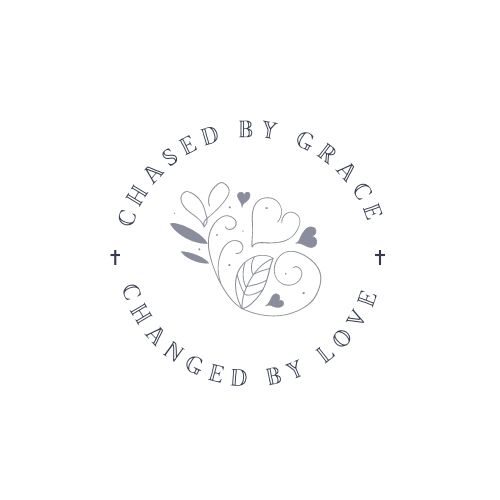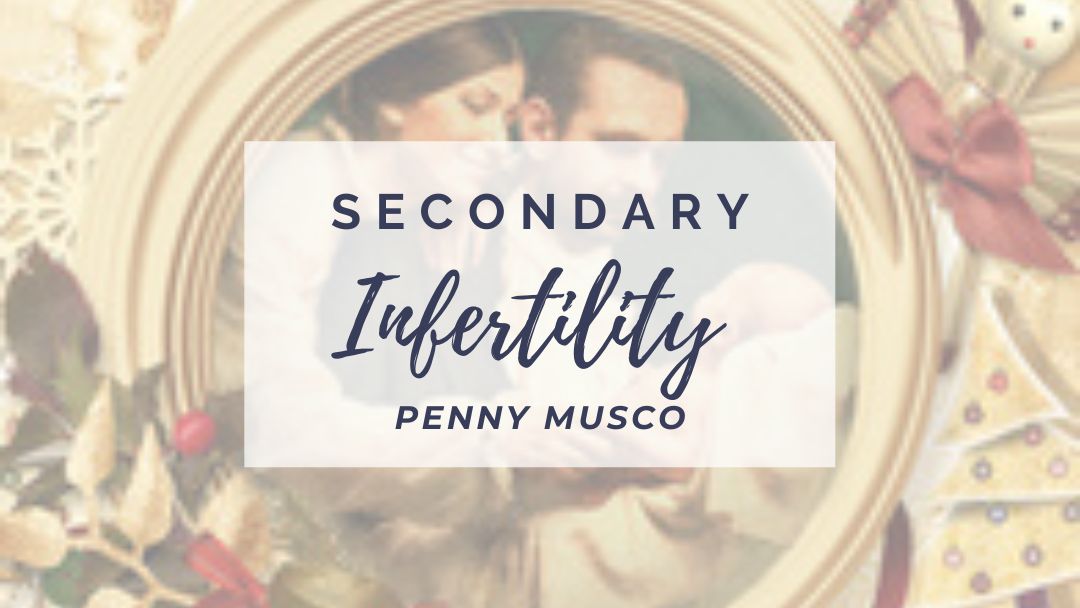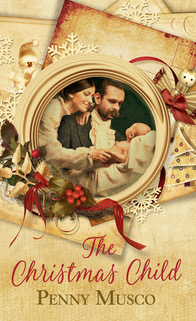Way back in 2001, I wrote an article for Today’s Christian Woman about my experience with secondary infertility, which is the inability to bear another child when you’ve already had at least one biologically. Toward the end of that piece, I noted, “I wish I could say I was totally ‘over it,’ but I know there’ll forever be an ache inside me for the children who might have been.”
Was I ever right.
Here I am in 2022, in my 60s, my solitary child in her 30s, and I still have those pangs.
As authors often do, I also took my experience and fictionalized it, in my historical romance e-novella, The Christmas Child. The main character, Hannah, agonizes over her failure to get pregnant. If you’re familiar with the Biblical prophet Samuel, you’ll recognize that I named her after his mother. Her account is found in 1 Samuel chapters 1 and 2. I related to her deep grief and anguish as I slogged through medical treatments and failed adoption attempts both to initially conceive and then through my second, unsuccessful endeavor.
The actual Hannah finally bore Samuel. I gave birth to my daughter. Unlike me, though, she went on to have five more kids.
I won’t give away the conclusion to my fictional Hannah’s story, but here’s a hint: romances usually have a happy ending.
So what do I do with my not-as-happy ending?
In those moments when I brood over my lot, I always cast my mind back to the last chapter of John, where the resurrected Son of God appears to two of His disciples. As Jesus talks to them, He alludes to Peter’s eventual martyrdom. Naturally, this is upsetting news. I imagine Peter thinking, Why should I have to suffer by myself? It’s not fair! Looking at his companion John, he blurts out, “What about him?” (v. 21).
Jesus’ reply, spoken twice, brings me up short every time: “What is that to you?” (v. 22, 23).
Because He asks me a similar question: what do women who have more than one child have to do with you?
My only answer is—nothing.
Then He issues a challenge, both to Peter and, by extension, to me: “You follow Me!” (v. 22).
I take great comfort in the assurance that Jesus understands my mourning over my greatest “what if” (Prov. 30:15-16). He sympathizes with me and even shares that burden (Ps. 68:19, Is. 53:4a, 1 Peter 5:7). But He loves me too much to leave me stuck in self-pity. He calls me to live fully and abundantly in “what is,” (Jn. 10:10), fixing my eyes on Him, the author and perfector of my faith (Heb. 12:2).
My real—and forever—happy ending, He gently reminds me, is “what will be,” an eternity with Him, in a place where tears and pain are no more (Rev. 21:4).
I love the way King David sums it up: “You [God] will make known to me the path of life; You will fill me with joy in Your presence [and] with eternal pleasures at Your right hand” (Ps. 16:11).
So what do I do? I hold on tight and keep walking.
“There are three things that are never satisfied, four that never say, “Enough!”: the grave, the barren womb, land, which is never satisfied with water, and fire, which never says, “Enough!”
Proverbs 30:15-16
A barren couple. A baby who needs a home. A husband adamantly opposed to adoption.
Infertility casts a shadow over Robert and Hannah’s marriage in 1891 New York. So does her newfound faith, a result of Dwight L. Moody’s evangelistic campaign. Their world is further rocked by their immigrant maid’s pregnancy, and by Jacob Riis’ shocking exposé on life in the city’s tenements.
Penny Musco is a freelance writer with publishing credits in AARP, Fodor’s Travel, and AAA publications, among others. She was an Artist in Residence for the National Park Service, and speaks regularly about the national parks at libraries and senior residences. Her first book, Life Lessons from the National Parks: Meeting God in America’s Most Glorious Places, came out in 2016.


